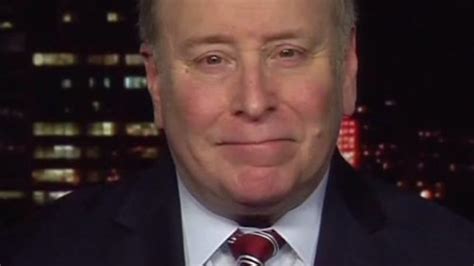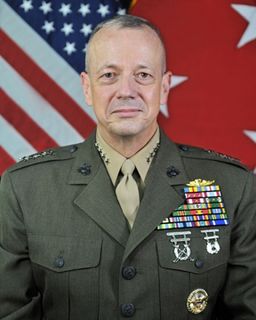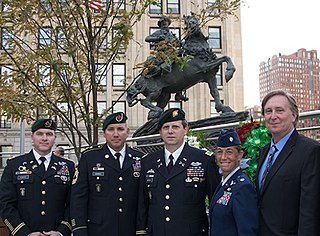A Quote by Ahmed Rashid
I think within a year or so, perhaps, if 9/11 had not happened, in Afghanistan would have been a very broad-based general uprising against the Taliban.
Related Quotes
In mid-November 2001, as they moved toward the city of Kandahar, the Taliban's de facto capital in southern Afghanistan, Amerine's team called in airstrikes against advancing Taliban units and more or less obliterated a Taliban column of a thousand men that had been dispatched from Kandahar. It was the Taliban's final play to remain in power.
What everyone underestimated was the acute unpopularity of the Taliban, even in the Pashtun areas. People like myself were saying the Taliban would be driven out very swiftly from the north of Afghanistan, but given that their main support base was in the Pashtun belt, there would be greater resistance there. That didn't happen. The Taliban had become deeply unpopular and were actually discarded by the Pashtun population almost as quickly as they were in the north. I don't see the Taliban coming back in any way.
I had said from the start that I thought Iraq was a mistake, that we should have stayed focused on Afghanistan. I think it was the right decision because the Taliban at that point had gotten a lot of momentum before I'd gotten into office, partly because we hadn't been paying attention as much as we needed to to Afghanistan.
The future of Afghanistan is incredibly dark, and decisions are happening incredibly quickly. Speculation is a fool's game, but I've seen many political projections that look like the Taliban could hold most of the country, and possibly Kabul, within perhaps a short time. I can't imagine how Afghanistan's fall isn't going to be ten times faster than Iraq's. The role of women in that space is terrifying, and the idea of retribution is a nightmare.
But perhaps the most important difference between conservatives and liberals can be found in the area of national security. Conservatives saw the savagery of 9/11 and the attacks and prepared for war; liberals saw the savagery of the 9/11 attacks and wanted to prepare indictments and offer therapy and understanding for our attackers. In the wake of 9/11, conservatives believed it was time to unleash the might and power of the United States military against the Taliban.
I think what happened with 9/11 is that people sort of felt that it came from nowhere. Whereas I think now we understand the roots are very deep. I say it's like revolutionary Communism, something that is going to have to be knocked out over a very long period of time. This strain of extremism continues to be very strong, whether it's in Afghanistan, or Somalia or Yemen, or any of these places.
What bin Laden had hoped to achieve in Afghanistan in the post-9/11 period, which was to drag the United States into a protracted guerrilla war like the one he had fought against the Soviets, never happened. Instead, that protracted guerrilla war is now playing out in Iraq, in the heart of the Middle East.





























